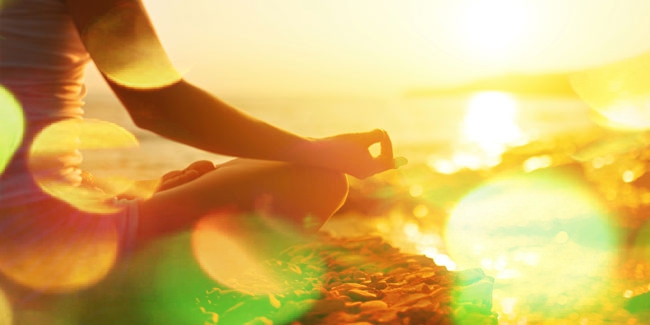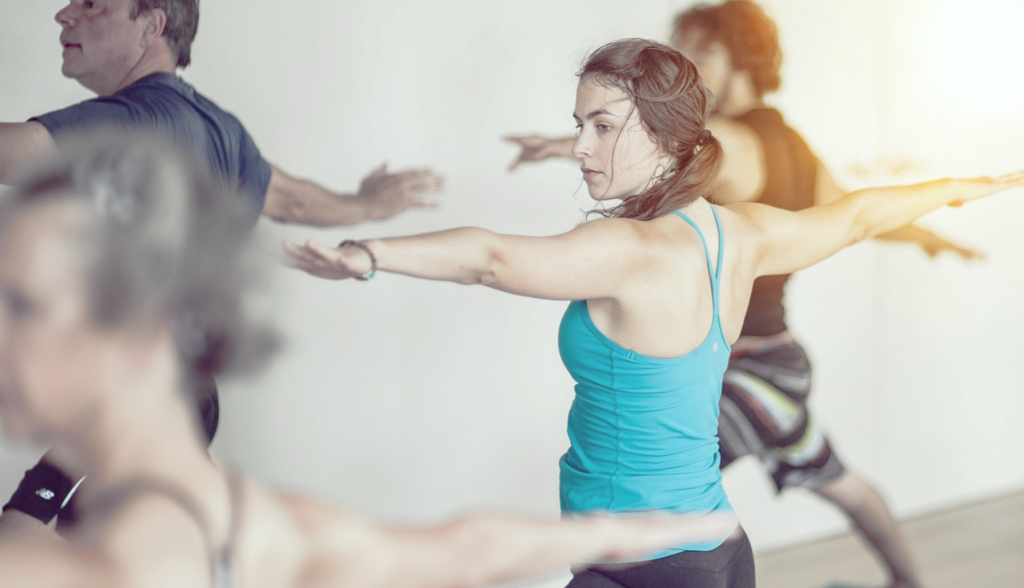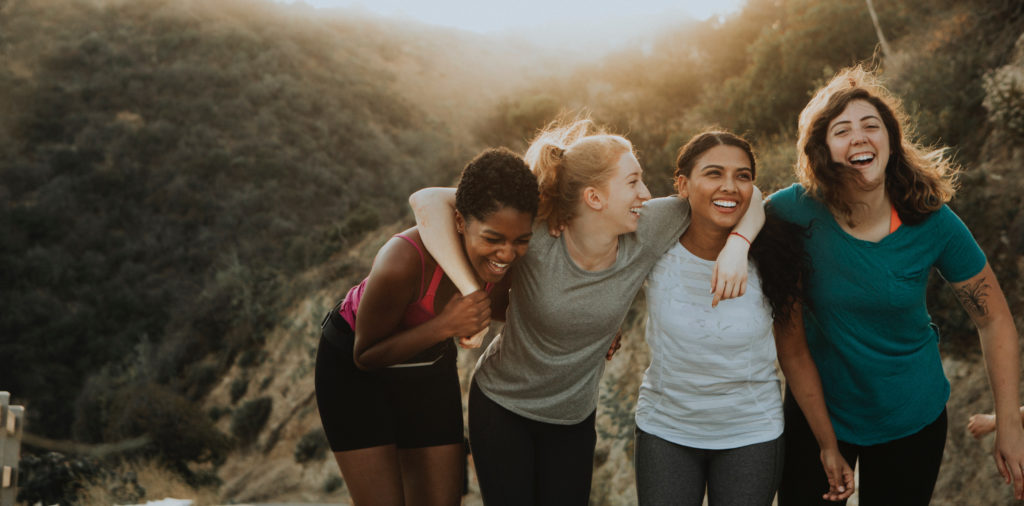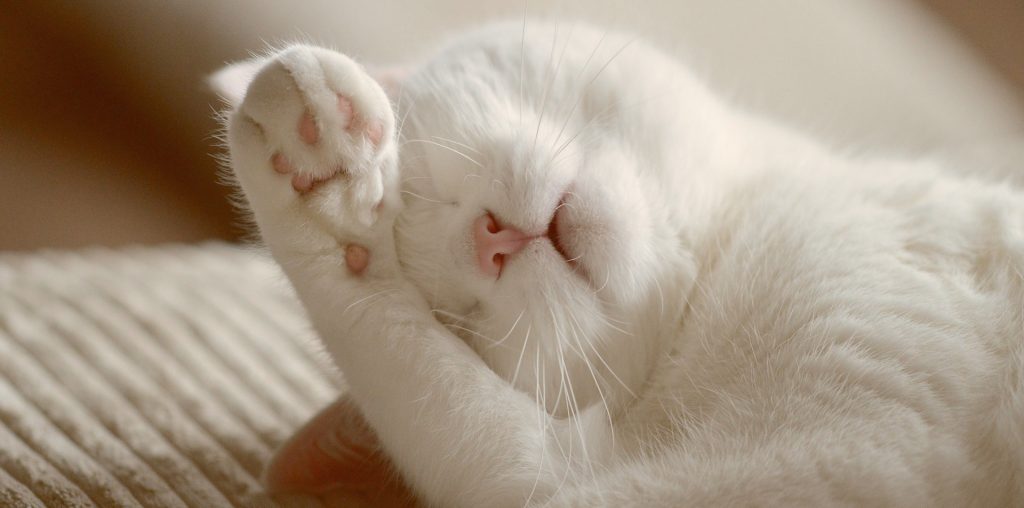With the constant mantra of Mindfulness that seems to be jumping out from everywhere these days, it has made me wonder why something that seems so simple is so hard to attain.
Or at least it is very hard for me to attain, and after having surveyed my friends and random strangers, I do not believe I am alone in this. As is the case with anything that gives the appearance of being simple, Mindfulness is complex in it’s very simplicity. So very hard to attain, and so very essential to give peace to our minds. So let’s start from the beginning, I mean if we are going to understand how to do something we might as well begin with that the heck it actually is.
Good old Merriam -Webster’s dictionary gives the following definitions:
- the quality or state of being mindful
- the practice of maintaining a nonjudgmental state of heightened or complete awareness of one’s thoughts, emotions, or experiences on a moment-to-moment basis
From a Psychological standpoint the following definitions are commonly accepted:
- Mindfulness is letting go of taking things for granted
- Mindfulness means to return to the present moment
- Mindfulness is the self-regulation of attention with an attitude of curiosity, openness, and acceptance
And in the Spiritual world you may come across such definitions as
- Mindfulness means maintaining a moment-by-moment awareness of our thoughts, feelings, bodily sensations, and surrounding environment, through a gentle, nurturing lens
All of these are similar, but I love how each one helps me round out my understanding of this Unicorn I’ve been chasing. I think what most people struggle with when it comes to being mindful, is asking our inner critic to leave the conversation. When I read all of these definitions, what reaches out to me the most are words like “nonjudgmental, curiosity, openness, acceptance, gentle and nurturing”. So I think my personal definition will include trying to adopt a child’s sense of wonder.
Not long ago I was in the car with my 3-year-old son, and we were driving through rush hour traffic, it was early morning, still dark and traffic was heavy. As we came off a bridge onto a highway interchange just teaming with cars, my son exclaimed “Wow Momma Look Lights Pretty!” and suddenly my Monkey Brain that had only partially registered the heavy traffic while I was on auto pilot driving a route I take all week long and also mentally tallying my To Do List for the day just paused.
I mean really just came to a brief pause as I realized it really was pretty, that I didn’t have to see it and register the irritants of rush hour traffic, I really could just accept that it was very pretty and appreciate the moment. So maybe, I have been able to attain mindfulness all along, maybe it just didn’t look quite how I had envisioned it.
Just like any task that pushes us outside of our comfort zone, it can be very easy to come up with an internal list of why we just can’t right now. But what if, we can all introduce mindfulness into our lives on a daily basis without it being a big commitment? What if just taking a moment to slow our Monkey Mind and look around for 10 seconds could lead to a more content life?
What is Monkey Mind and why do we live there? Now that we know what mindfulness is, I think it might be worthwhile to look at what Mindfulness is not. It is not blocking, numbing or rejecting ourselves in anyway. It is not detaching ourselves from reality or escaping into fantasy. It is not any number of defensive reactions that we have developed from surviving less than ideal circumstances. Behaviors that we have developed in order to survive rarely assist us in leading a mindful life.
Our Monkey Mind lives in fear, constant worry over what danger will try and destroy us next. Constant monkey chatter of our critical inner dialogue letting us know everything we have done wrong, or every failure we have experienced.
This keeps our Sympathetic Nervous System constantly running and our Fight or Flight/Freeze responses in high gear, shutting down our Parasympathetic Nervous system, making it virtually impossible to rest, relax and rejuvenate.
And yet we need our Monkey mind, there are times in our lives where it we need to respond first and process later. The danger becomes when all we do is respond and never have time to process. Learning to be Mindful, is not about eradicating the Monkey Mind, it is about having the self awareness and discipline to control our Monkey.
Just as balance needs to exist everywhere in nature, we also need to learn to balance our responses, react less and respond more.
Acknowledge the dangers, and yet also keep an eye out for the Beauty. Life doesn’t become less demanding, but what Mindfulness allows us to do is to remain at peace among the chaos. Both the Monkey Mind and Mindfulness are tools that are at our disposal, and just like any tool they are only as effective as we make them. Also like any tool we must learn to control them, we cannot allow the servant to be the master.
So now that we know both what Mindfulness is and what it is not, how do we go about getting there? Well the answer is that it all depends on you. So much of what will work and won’t work is unique to your personal makeup and responses. No one road-map will get everyone their. Having said that; if we really look at what we know about mindfulness we know we need to be “nonjudgmental, curious, open, accepting, gentle and nurturing” to ourselves. As we navigate through a few tricks and techniques that have been proven to assist in getting to a mindful state, remember that they may not work for you, or they may not work for you YET. Please don’t look at the following as a checklist to go through and accomplish, please just choose what serves you and discard what holds no appeal.

Breath
Simple but often taken for granted. Recently I was told by my massage therapist that I was not breathing deeply enough throughout the day. She could tell by how the muscles around my rib cage where under-functioning and causing my neck and shoulder muscles to take up the slack. Such a simple thing to breath deeply and evenly, and yet something we don’t often do unless prompted to. If you have literally no time to do anything else, please take a few moments a day to do some deep diaphragm expanding breathing. It will lower your heart rate and clear your mind, as well as helping to ease the tension in your neck and shoulders. By breathing consciously, you will be able to bring your awareness to this moment and slow your bodies pace, even just for a few stolen seconds.

Meditation
Meditation is not new, but is newly mainstream. You can try several different apps, you can YouTube guided meditations on almost any topic. You can find meditations as short as a minute or hours long. One of the realizations that has assisted me into a more mindful state is realizing that “seeing” is not my strongest sense. I spent years thinking I wasn’t meditating correctly because I could visualize anything during me attempts. Fast forward to a little more personal awareness and I now know I “feel” most strongly. I am highly attuned to the way I feel emotionally and highly sensitive to what things feel like. I still don’t see much when in a meditative state. I can feel everything clearly, I feel the sun on my skin, although I cannot see the sun. I can feel the air around me and the pressure of the ground under my feet. If you have also struggled in this way, try and create an awareness of what sense aides you the most as you navigate through the world.

Yoga
Yoga is an amazing way to be present. It’s pretty hard to be thinking about the past or the future while you are hanging out in Downward Facing Dog. I remember the first time one of my Yoga instructors told me that Downward Facing Dog was a resting pose. I think I laughed out loud, it certainly did not feel like rest. It took quite awhile for me to figure out that the pose was resting my mind, not my body. By engaging me entire focus on my body, I was stopping the constant parade of thoughts marching through my mind. No time for a regular practice? Try implementing a few easier stretches before bed on before getting up. Laying on your back with your legs up the wall is a great way to relax before bed and it can do wonders for your body and mind.

Interconnectedness
Let your curiosity and wonder abound with this one. Literally just start pondering how things connect and lead to other things. Let you mind meander through the possibilities of how everything connects and how integral every piece is to the other. Let’s be clear this is not a bid to make everything fit into its own little box, but quite literally removing all borders and allowing our brain to ponder how every little piece fits together in this universe we claim as our own. We need to feel connected to others in order to understand our own worthiness and appreciate that each piece really plays its part.

Sleep
If you are lacking in rest, then you are operating in survival mode and cannot be mindful. Survival mode can be brought on by stress, trauma, stimulants, lifestyle. Once survival mode kicks in, chances are your sleep is suffering. Recently I was in survival mode for about a month. I literally went a month only sleeping when I passed out from pure exhaustion and then only staying asleep for 2 to 3 hours at most. I went through every self-care step I could, I ate well, eliminated all caffeine, meditated, tried breathing exercises and talked to friends about my challenges and needs. NOTHING WORKED…until I adopted a daily mantra of “You are Safe, You are not in Danger, You are Safe” it took about a week to get my Nervous System to accept the message.
You are Not Your Thoughts and Emotions
Yes, your emotions are always valid, no you are not your emotions. You are not anger, although you may have anger. Same with your thoughts, thoughts will flow and change constantly as a river, and yet they do not define you. To often we are conned into accepting that we are always going to be what we are in this current moment, that our future is stagnant and that we have no true options for growth and change. This is far from true, we are constantly in flux and flow, we may often feel trapped, but those traps are purely our Monkey Brain holding us in check. I find that a simple grounding techniques works best for me when I get anxiously stuck in this state of over identification.
I break my anxiety by identifying 5 things I can see, 4 things I can touch, 3 things I can hear, 2 things I can smell and 1 thing I can taste. I find that by the end of the exercise I can once again slow my brain long enough to break the sense that I an emotion or thought.
Everything considered, no matter what you decide to try, keep in mind that practice really does make perfect and nothing is a simple as it seems. Mindfulness is not a bandage, it won’t heal you, but it will allow you the mind-space to be able to heal yourself, if you want to. Or maybe it will just bring a little brightness and appreciation into your full crazy days. If all you can do is breathe, then do so. If you truly cannot take the time to try any of the above mentioned techniques, then please just let what you have read sink into your consciousness. Oh, and I have found that there really is something gratifying about saying “Shut Up Monkey Mind” out loud whenever I feel my thoughts racing and my critical inner dialogue starts to run.
~Namaste – Michicko @sweetwerenityyoga
